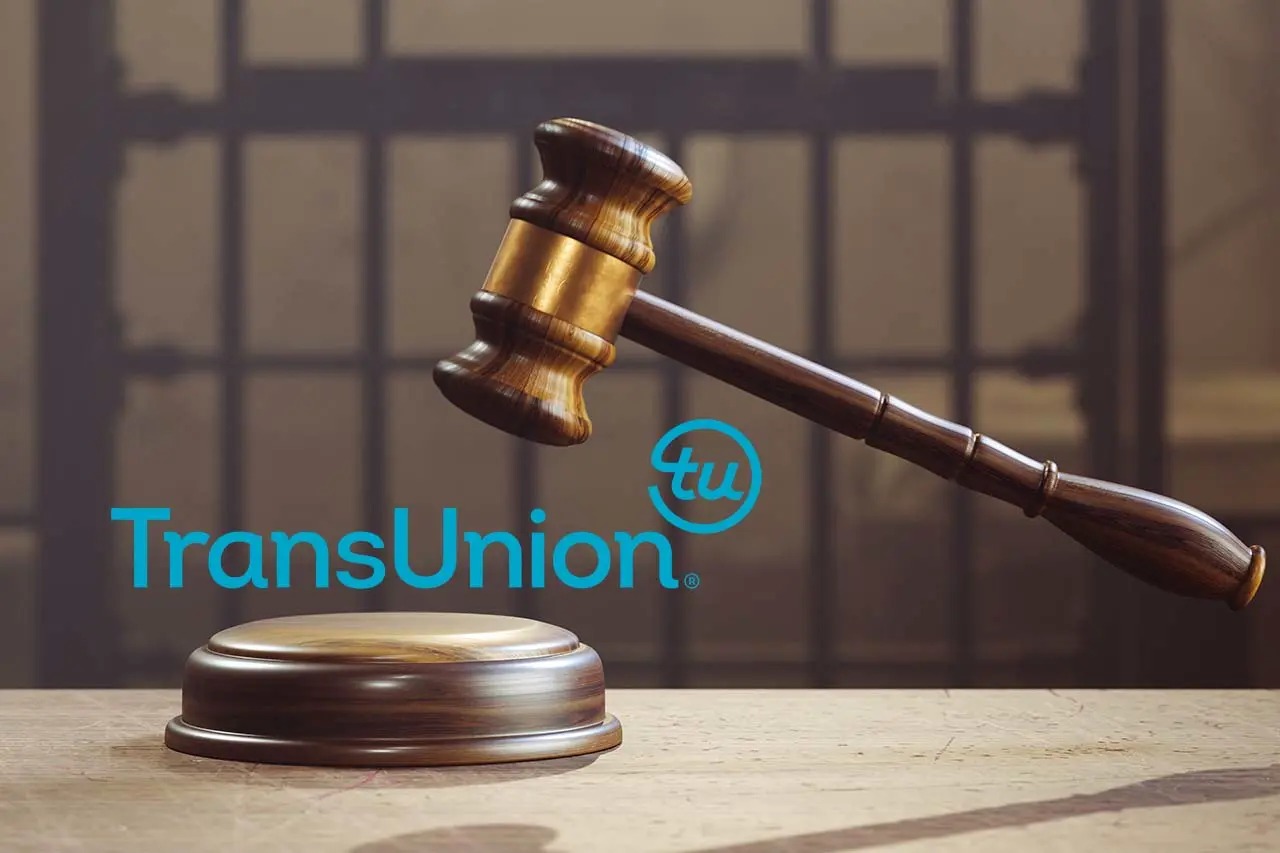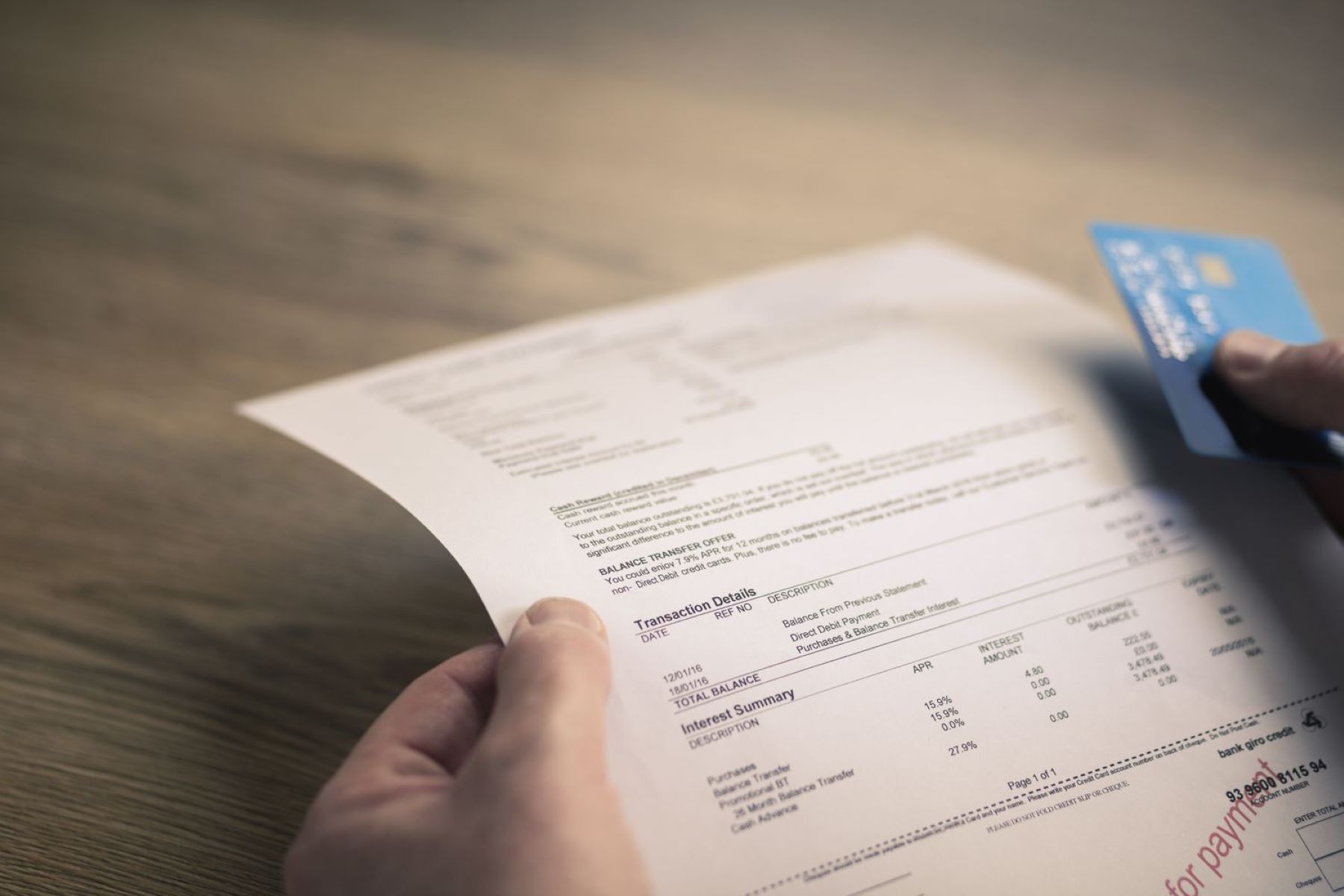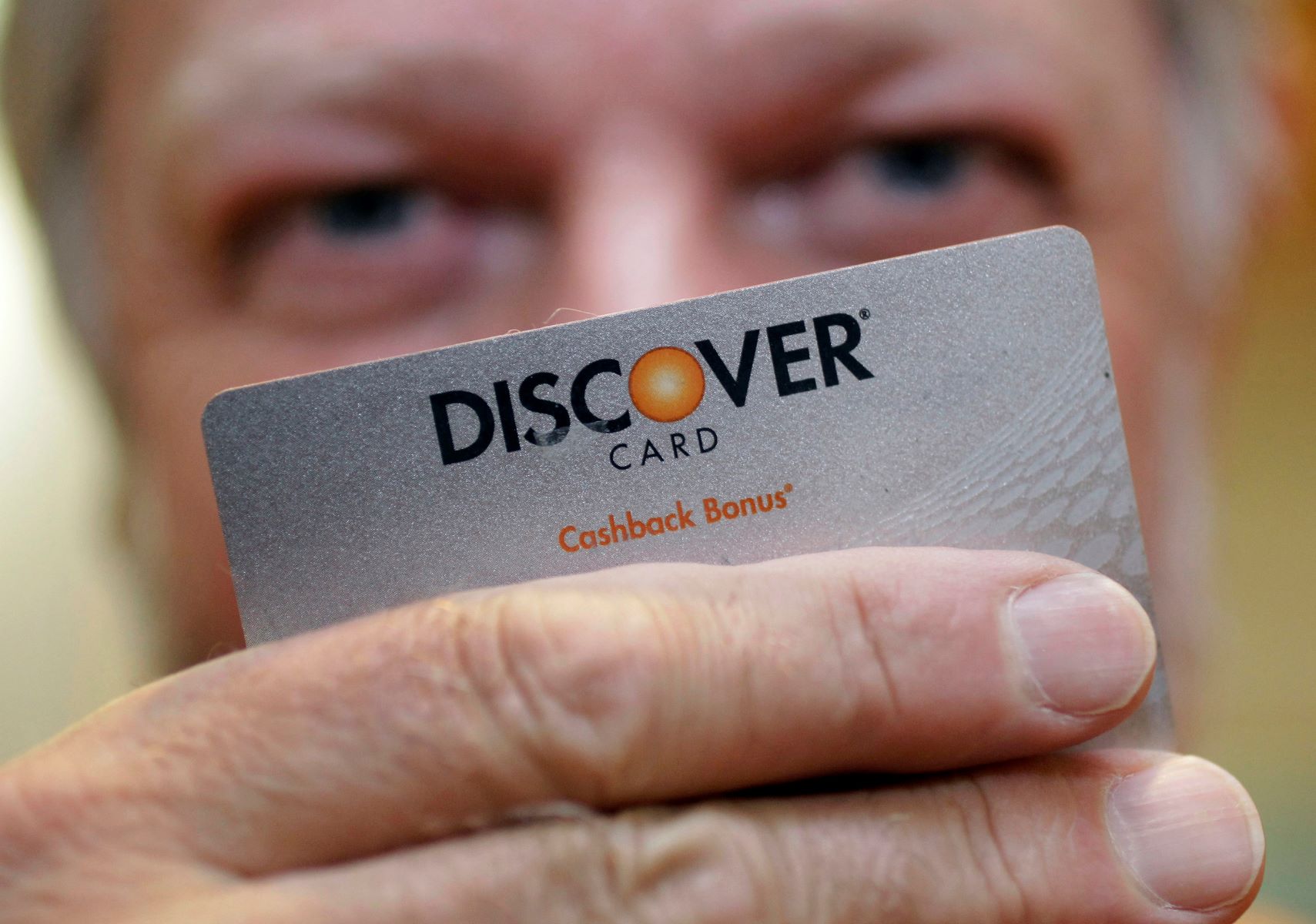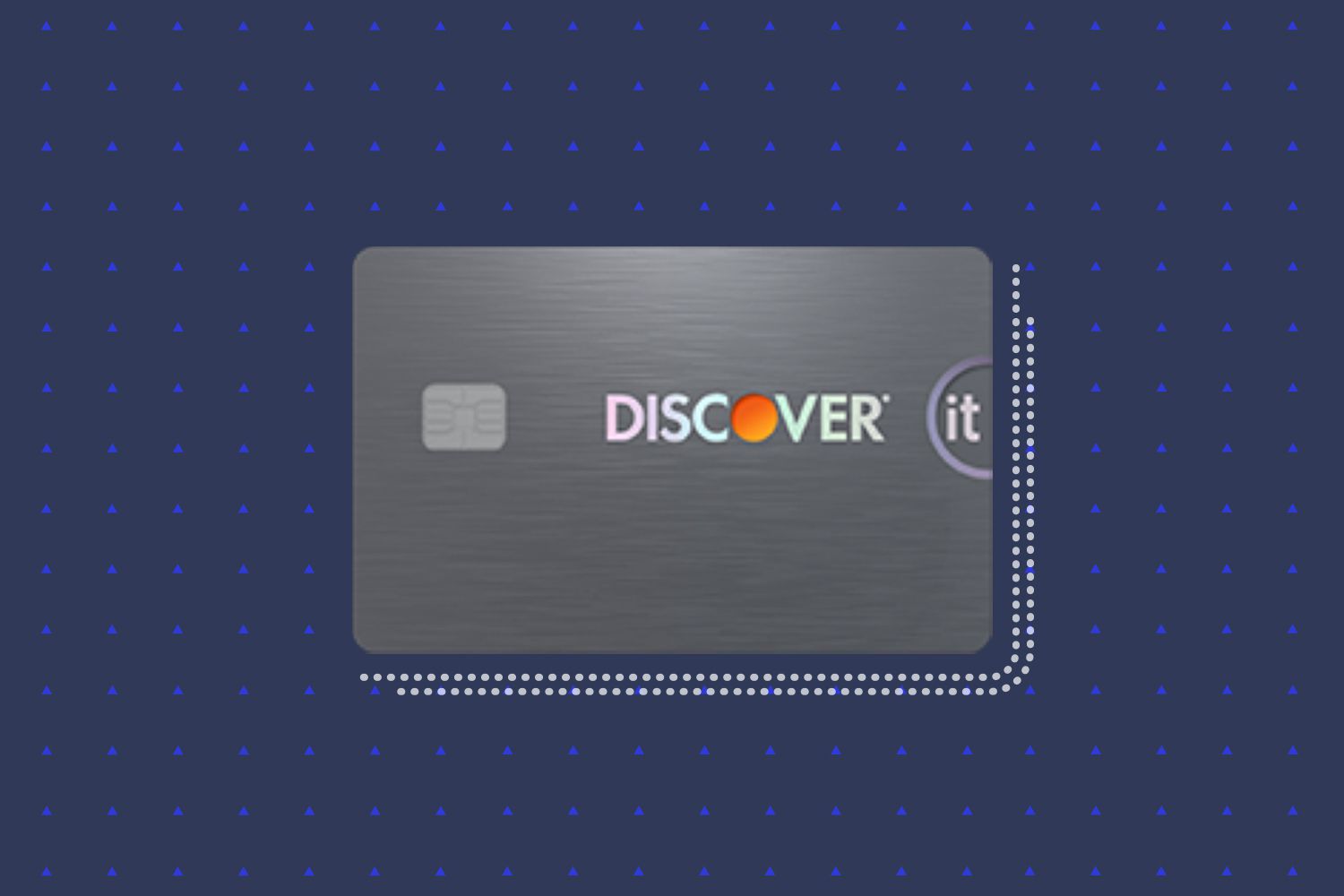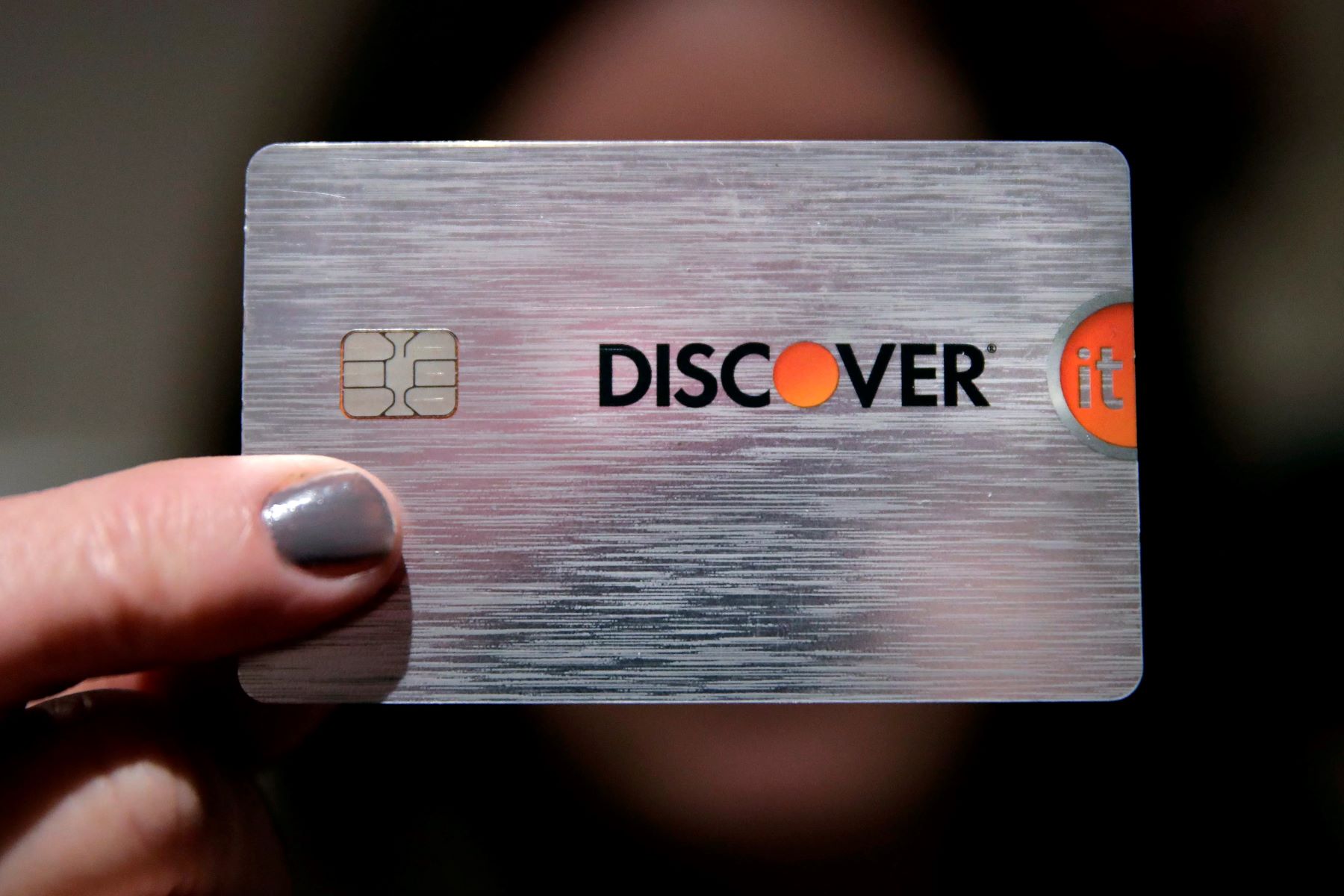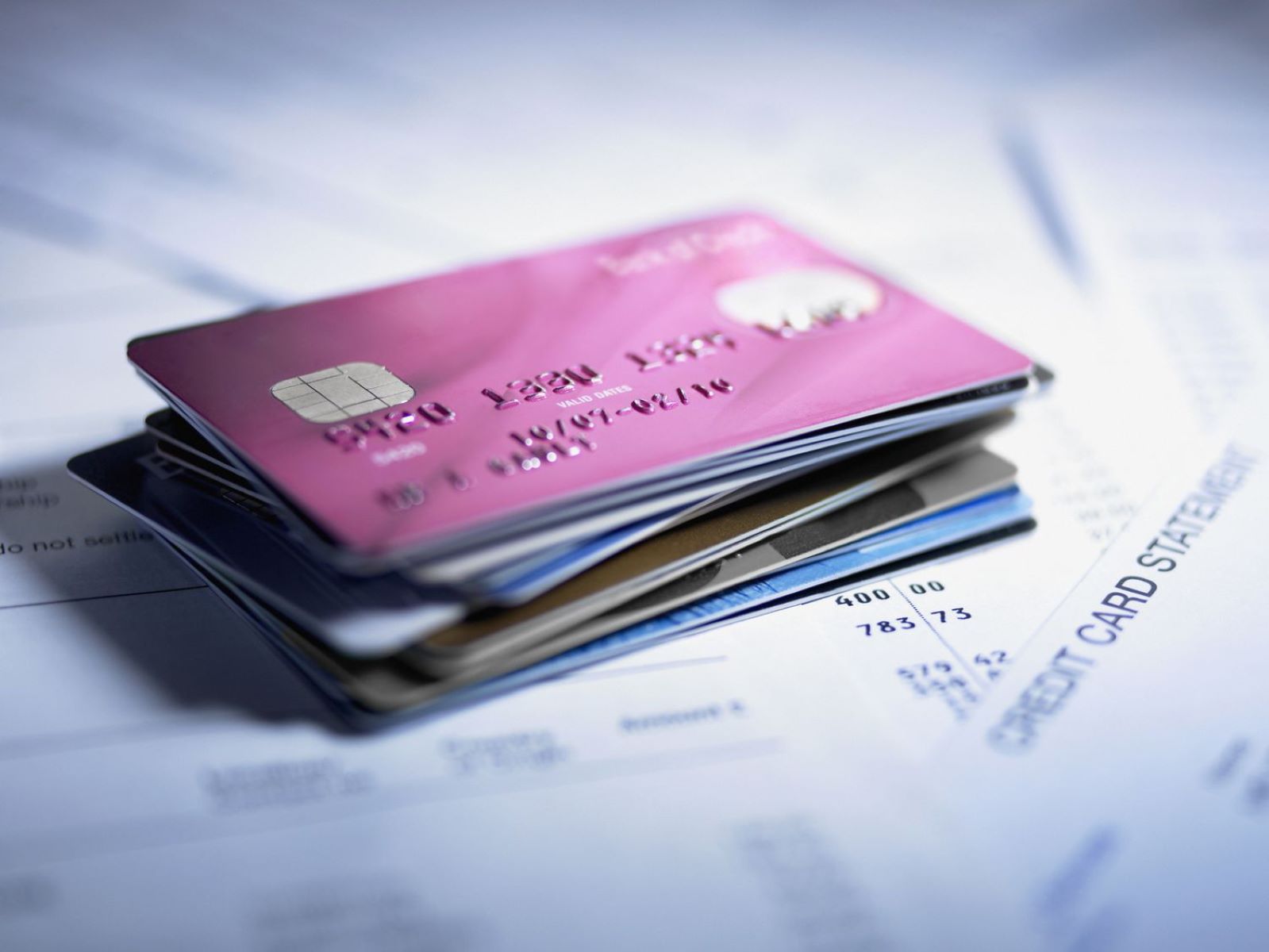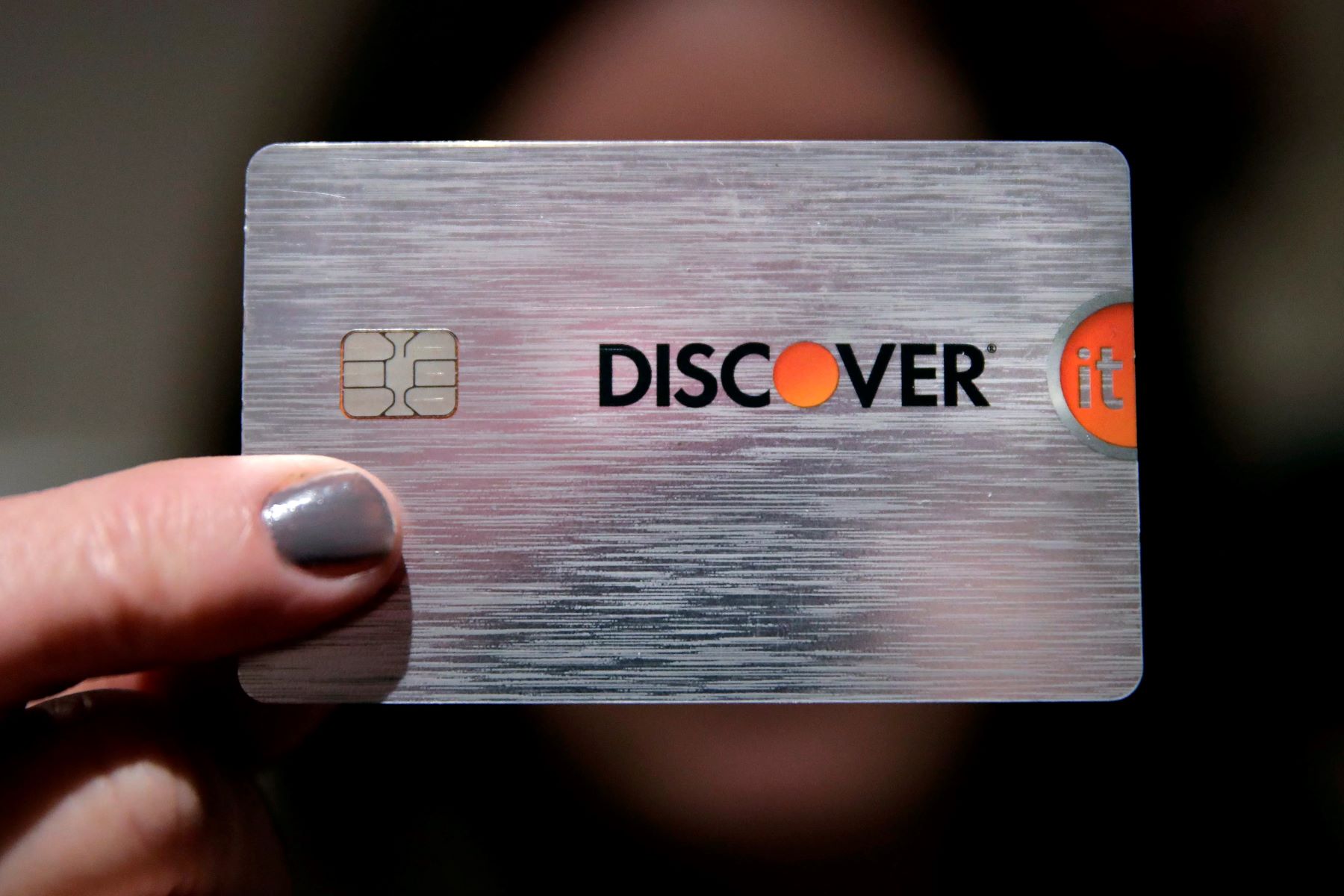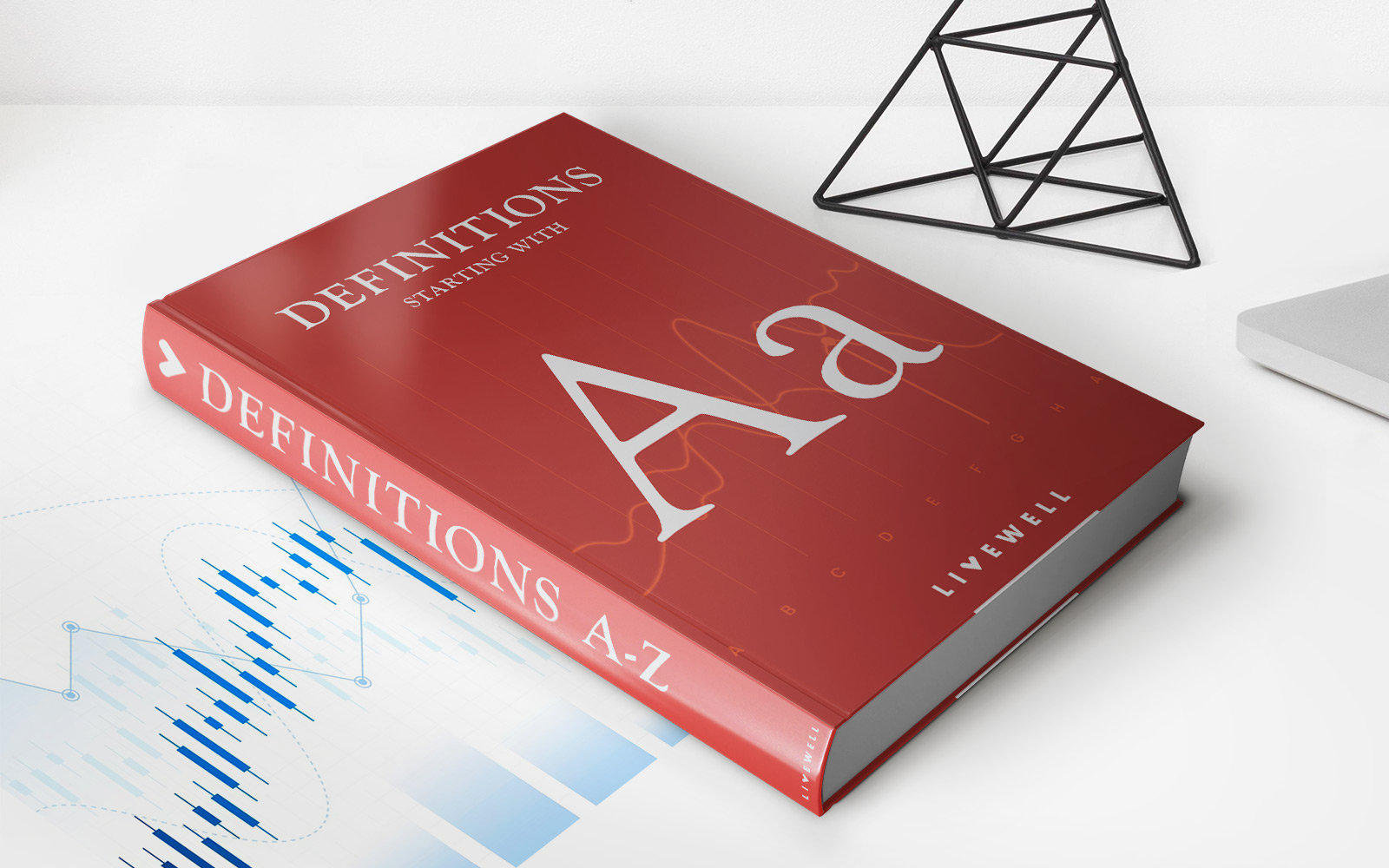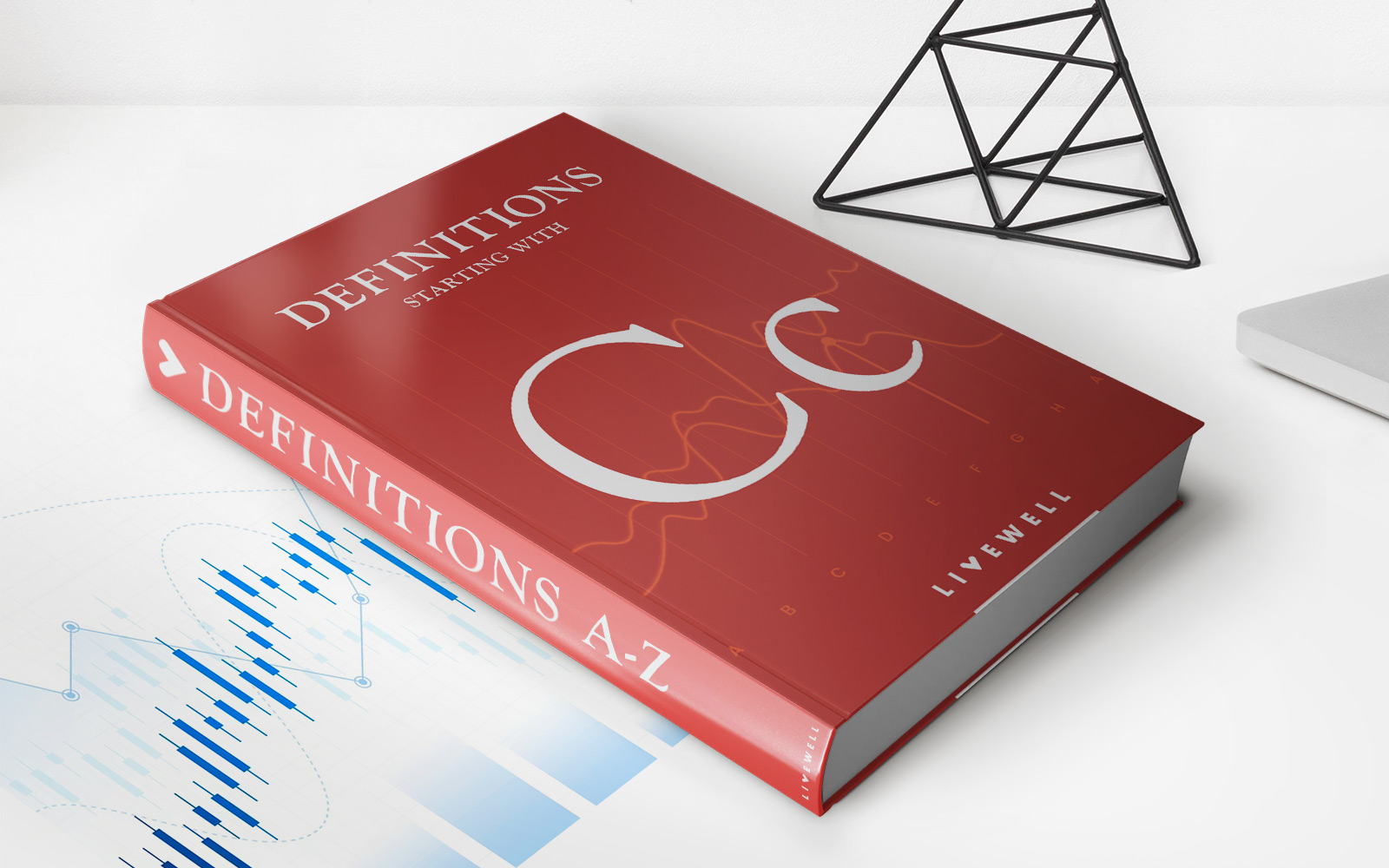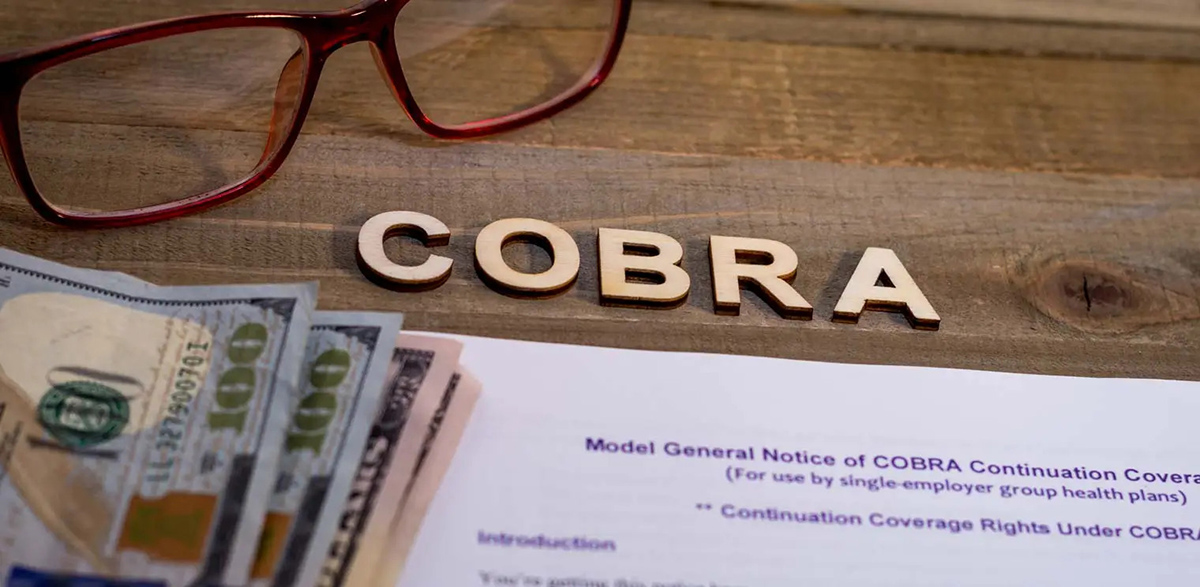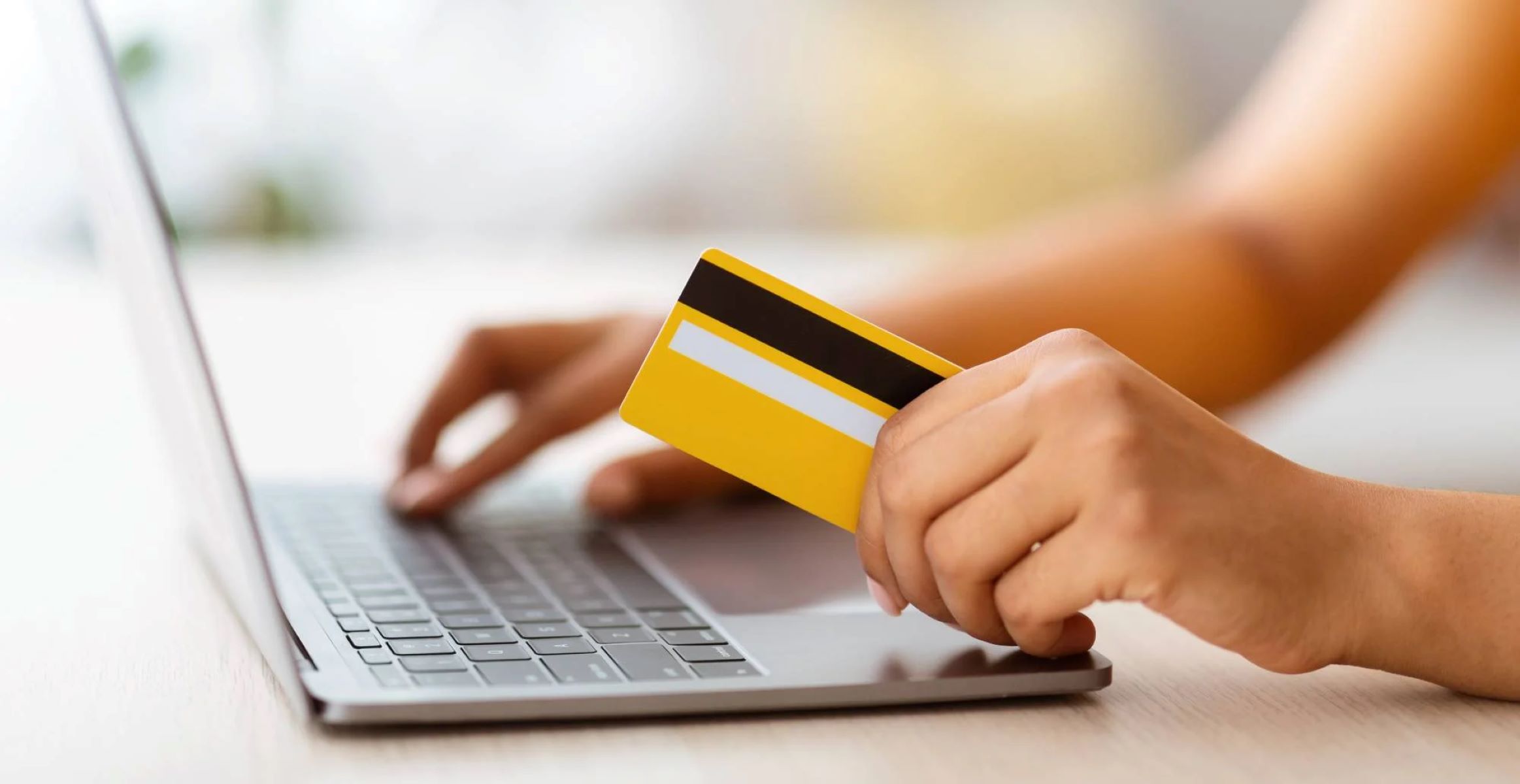

Finance
How To Dispute A Credit Card Charge Discover
Published: October 26, 2023
Learn how to dispute a credit card charge with Discover and protect your finances. Get step-by-step instructions and expert tips to handle financial disputes effectively.
(Many of the links in this article redirect to a specific reviewed product. Your purchase of these products through affiliate links helps to generate commission for LiveWell, at no extra cost. Learn more)
Table of Contents
Introduction
Welcome to our comprehensive guide on how to dispute a credit card charge with Discover. Whether you’ve encountered an unauthorized transaction, a billing error, or received an unsatisfactory product or service, it is important to know your rights and the necessary steps to resolve the issue. Discover, one of the leading credit card issuers, provides a straightforward process for disputing charges and protecting their cardholders.
When it comes to credit card charges, it’s crucial to take swift action to protect your finances and maintain a good credit standing. By understanding your rights and following the correct procedures, you can effectively dispute a credit card charge and potentially receive a refund, correction, or resolution to your issue.
In this guide, we will walk you through the entire process of disputing a credit card charge with Discover. From gathering the necessary information to contacting the merchant and filing a dispute, we’ll cover everything you need to know to navigate through this often complex procedure.
It’s important to keep in mind that each credit card issuer may have slightly different procedures for handling disputes. Therefore, we will specifically focus on Discover’s process in this article. However, many of the general steps and principles can be applied to other credit card issuers as well.
So, if you’re ready to take control of your finances and tackle a credit card charge dispute, let’s dive into the details of how to dispute a credit card charge with Discover.
Understanding Credit Card Disputes
Before delving into the steps of how to dispute a credit card charge with Discover, it’s important to have a solid understanding of what a credit card dispute entails. A credit card dispute is a process by which cardholders can challenge a charge on their statement that they believe is incorrect, unauthorized, or not as described.
There are several common reasons that may lead to a credit card dispute. These include:
- Fraudulent transactions: If you notice charges on your credit card statement that you did not authorize, it is essential to act quickly and report these transactions as fraudulent.
- Billing errors: Mistakes can happen, and sometimes you may be billed for a purchase or service that you did not receive or was charged incorrectly.
- Product or service not as described: If you purchased an item or service and it was not as advertised or promised, you have the right to dispute the charge.
- Double charging: In some cases, merchants may accidentally double charge your credit card for a single transaction. This is another valid reason to file a dispute.
It is worth noting that not all credit card disputes are resolved in the cardholder’s favor. Merchants have the opportunity to present evidence or argue against the dispute, and the credit card issuer will carefully review all available information before making a final decision.
When dealing with credit card disputes, always approach the situation with the mindset of resolving the issue amicably. Contacting the merchant first to attempt a resolution is typically the best approach before involving the credit card issuer.
Now that we have established what credit card disputes entail, let’s move on to the next step: gathering the necessary information.
Gather Necessary Information
Before initiating a credit card dispute with Discover, it is crucial to gather all the necessary information related to the charge in question. Having this information at hand will make the dispute process smoother and more efficient. Here are the key details you should gather:
- Transaction details: Note down the date, amount, and description of the disputed transaction. This information can usually be found on your credit card statement or in your online account.
- Merchant information: Make a note of the merchant’s name, contact information, and any correspondence you have had with them regarding the charge. Having this information readily available will be helpful during the dispute process.
- Order confirmation or receipt: If you made a purchase online, it’s important to locate your order confirmation or receipt. This document serves as proof of the transaction and can strengthen your case during the dispute.
- Communication records: If you have attempted to resolve the issue with the merchant before filing a dispute, save any emails, chat logs, or other communication records. These can serve as evidence of your attempts to seek resolution.
- Any supporting documentation: If you have any additional documentation that supports your claim, such as photographs, contracts, or warranties, gather and organize them. These documents can provide further evidence to support your dispute.
By taking the time to gather and organize this information, you will be well-prepared to present your case to Discover. Remember, the more detailed and comprehensive your documentation, the stronger your argument will be.
Once you have gathered all the pertinent information, it’s time to reach out to the merchant directly. In the next section, we will discuss how to contact the merchant and attempt to resolve the dispute amicably.
Contact the Merchant
Before proceeding with the formal dispute process with Discover, it is advisable to contact the merchant directly to try and resolve the issue. This step is crucial as it provides an opportunity for the merchant to address your concerns and potentially rectify the problem without involving the credit card issuer.
Here are some steps to follow when contacting the merchant:
- Locate the merchant’s contact information: Check your purchase receipt, their website, or any communication you have received from the merchant to find their customer service contact details.
- Prepare your explanation: Clearly and concisely outline your issue and provide specific details regarding the disputed charge. Be polite and professional in your communication.
- Reach out to the merchant: Contact the merchant via phone, email, or any other preferred method of communication. If possible, it is recommended to send a written communication (such as an email) to have a documented record of your correspondence.
- Provide supporting evidence: Attach any relevant documentation, such as order confirmation, receipts, or photos, to strengthen your case. This evidence can help the merchant understand your concern and may increase the chances of a favorable resolution.
- Be patient and persistent: Give the merchant enough time to respond and resolve the issue. Follow up if you don’t receive a response within a reasonable timeframe. Polite persistence can often yield results.
During your communication with the merchant, it is crucial to remain calm and professional, even if you feel frustrated or upset. Clearly communicate your expectations for a resolution and keep a record of all interactions and correspondence.
If your attempts to resolve the issue directly with the merchant are unsuccessful, or if the merchant is unresponsive, it’s time to escalate your dispute to Discover. The next section will guide you through the process of filing a dispute with Discover.
File a Dispute with Discover
If your attempts to resolve the dispute with the merchant have been unsuccessful, it’s time to involve Discover in the process. Discover offers a straightforward and convenient way to file a dispute through their online platform or by contacting their customer service. Here’s how to file a dispute with Discover:
- Online dispute filing: Log in to your Discover account and navigate to the “Account Services” or “Dispute a Charge” section. Follow the prompts to provide the necessary information related to the disputed charge.
- Phone dispute filing: Alternatively, you can contact Discover’s customer service directly and inform them about the dispute. The representative will guide you through the process and record the necessary details.
- Provide accurate information: While filing the dispute, ensure that you accurately provide all the required information, including transaction details, the reason for the dispute, and any supporting documents or evidence you have gathered.
- Dispute timeframe: It is important to initiate the dispute within 60 days from the date of the statement that reflects the disputed charge. Discover has specific timeframes for filing disputes, so be mindful of those deadlines.
Once you have filed the dispute, Discover will initiate an investigation into the matter. They will contact the merchant and request relevant information to assess the validity of your claim. It’s important to note that during the investigation, the disputed amount may still appear on your credit card statement, but you are not required to pay it until the dispute is resolved.
Be sure to keep a record of your dispute reference number for future reference. This reference number will help you track the progress of the investigation and communicate with Discover’s customer service if needed.
Next, let’s discuss the importance of providing supporting documentation during the dispute process.
Provide Supporting Documentation
When filing a dispute with Discover, it is essential to provide any supporting documentation that strengthens your case. Supporting documentation can validate your claims and increase the likelihood of a successful resolution. Here are some types of supporting documentation you may need to provide:
- Receipts or order confirmations: If you have a receipt or order confirmation that clearly shows the purchase details, attach it to your dispute. This documentation serves as proof of the transaction and can help establish your claim.
- Billing statements: Include copies of your credit card statements that reflect the disputed charges. These statements provide a clear record of the transaction and can be vital during the investigation process.
- Communication records: If you have corresponded with the merchant about the issue, save any emails, chat logs, or other communication records. These records demonstrate your attempts to resolve the dispute and provide important context for Discover’s investigation.
- Photographs or videos: If applicable, provide visual evidence to support your claim. For example, if you received a damaged or different item from what was advertised, include photographs or videos that clearly depict the issue.
- Contracts or agreements: If your dispute revolves around a service agreement or contract, include copies of those documents. They serve as evidence of the agreed-upon terms and can help support your case.
When providing documentation, it is crucial to submit clear, legible copies. If necessary, consider making additional copies or scans of the documents for your personal records.
It is important to note that Discover may have specific guidelines for the format and size of documents submitted during the dispute process. Ensure that you comply with their requirements to avoid any potential complications.
By providing detailed and relevant supporting documentation, you can present a stronger case to Discover and increase the likelihood of a favorable outcome. Now, let’s move on to the next step: reviewing the investigation process.
Reviewing the Investigation
Once you have submitted your dispute with Discover and provided all the necessary information and supporting documentation, they will begin the investigation process. Discover will review the details of your dispute, contact the merchant for their side of the story, and assess the validity of your claim.
During the investigation, it is essential to stay updated on the progress and any updates from Discover. Here are a few key points to keep in mind:
- Dispute resolution timeframe: Discover has specific timelines for resolving disputes, and they will aim to provide a resolution as quickly as possible. However, it’s important to note that the investigation process can take some time, so it requires patience.
- Communication from Discover: Pay close attention to any correspondence, emails, or alerts you receive from Discover regarding your dispute. They may request additional information or provide updates on the progress of the investigation.
- Dispute status tracking: Use Discover’s online platform or customer service to track the status of your dispute. This allows you to stay informed about the investigation’s progress and any decisions made.
- Potential additional information request: In some cases, Discover may require additional information or clarification from you during the investigation. Respond promptly and provide any requested details to avoid delays in the resolution process.
Throughout the investigation, Discover will thoroughly evaluate all the evidence, including the merchant’s response and any supporting documentation provided by both parties. They will then make a decision based on their findings.
It is important to note that Discover’s decision regarding your dispute is final. If the decision is in your favor, you may receive a refund or a credit adjustment on your credit card statement. However, if Discover determines that the charge is valid, you will be responsible for paying the disputed amount.
Now, let’s discuss the potential outcomes of the investigation process and how to monitor your account for any updates.
Potential Outcomes
After the investigation of your dispute with Discover, there are several potential outcomes that can occur. The outcome will depend on the validity and evidence presented in your case. Here are the possible resolutions:
- Charge reversed or refunded: If Discover determines that the charge is indeed incorrect, unauthorized, or not as described, they may reverse the charge and issue a refund to your account. This outcome is favorable and ensures that you are not responsible for the disputed amount.
- No adjustment made: In some cases, Discover may determine that the charge is valid and deny your dispute. This means you will be responsible for paying the disputed amount and any associated fees or interest. It is essential to carefully review their decision and evaluate your options in case you disagree with their finding.
- Partial refund or adjustment: Discover may also decide to provide a partial refund or adjustment, especially if they find that only a portion of the charge is in dispute. In such cases, they will refund the disputed portion while maintaining the rest of the charge.
Once the investigation is complete, Discover will notify you of their decision via email, mail, or through their online platform. It is crucial to review their communication thoroughly and take appropriate actions based on the outcome.
If the outcome is not in your favor, you may consider contacting Discover’s customer service again to discuss the decision further. They may be able to provide additional information or offer guidance on any further steps you can take.
Now that you understand the potential outcomes, let’s move on to the importance of monitoring your credit card account throughout the dispute process.
Monitoring Your Account
While going through the credit card dispute process with Discover, it is crucial to monitor your credit card account regularly. Here’s why keeping a close eye on your account is important:
- Stay updated on the status of your dispute: Monitoring your account allows you to track any updates or changes related to your dispute. It helps you keep track of the progress of the investigation and any decisions made by Discover.
- Detect any unauthorized charges: Apart from the disputed charge, it’s essential to keep an eye out for any other unauthorized or suspicious charges on your credit card statement. Promptly report any discrepancies to Discover’s customer service.
- Ensure accuracy of adjustments or refunds: If Discover approves your dispute and provides a refund or adjustment, monitoring your account ensures that the credited amount reflects correctly on your statement. Any errors should be reported immediately.
- Protect your credit score: By monitoring your credit card account, you can quickly identify any potential fraudulent activity or errors that could negatively impact your credit score. Taking swift action minimizes the risk of long-term consequences.
- Review billing statements: Regularly reviewing your credit card statements allows you to keep track of all charges, payments, and adjustments. It helps you identify any discrepancies and ensures the accuracy of your financial records.
Discover provides online access to your credit card account, making it convenient to monitor your transactions and statements. Take advantage of this feature and set up notifications or alerts to stay updated on any account activity or changes.
If you notice any issues or discrepancies while monitoring your account, contact Discover’s customer service immediately. They can provide guidance and assistance in resolving any concerns or questions you may have.
Now that you understand the importance of monitoring your account, let’s conclude our guide on disputing credit card charges with Discover.
Conclusion
Disputing a credit card charge can be a complex and time-consuming process, but with the right knowledge and approach, it is possible to resolve issues and protect your financial interests. When it comes to disputing a credit card charge with Discover, understanding the steps involved and following the correct procedures is essential.
In this comprehensive guide, we have covered the key steps to successfully dispute a credit card charge with Discover. From gathering the necessary information and contacting the merchant to filing a dispute and providing supporting documentation, each step is crucial in building a strong case.
Throughout the process, it’s important to stay organized, patient, and persistent. Keep track of all communication, documentation, and updates related to your dispute. Monitor your credit card account regularly to ensure accuracy and detect any unauthorized charges.
While we have focused on Discover’s specific dispute process, many of the principles discussed in this guide can be applied to other credit card issuers as well. Remember to familiarize yourself with your credit card issuer’s specific guidelines for disputes.
If you find yourself faced with a disputed charge, take action promptly. By understanding your rights, gathering the necessary information, and following the appropriate steps, you can improve your chances of a successful resolution and potential refund.
As always, if you have any doubts or encounter any challenges during the dispute process, don’t hesitate to reach out to Discover’s customer service for guidance and support.
We hope this guide has provided you with valuable insights and steps to navigate the process of disputing a credit card charge with Discover. Protect your finances, exercise your rights, and take control of any discrepancies that may arise.
